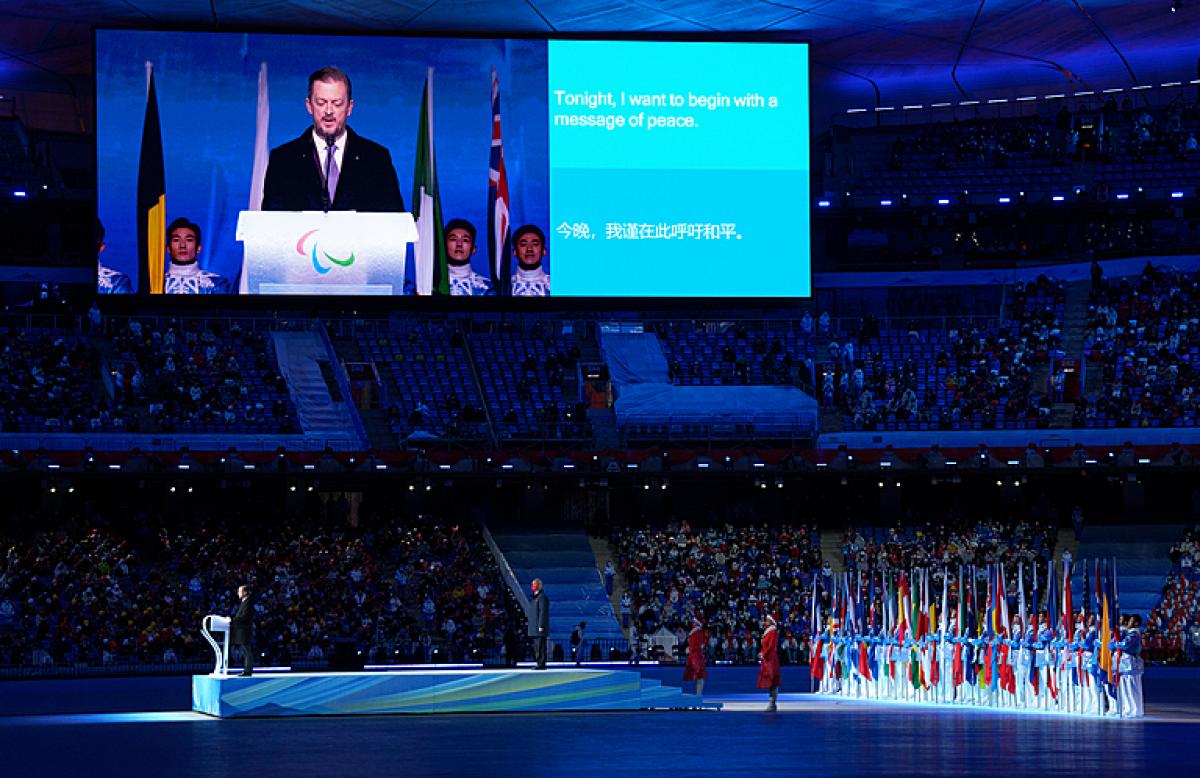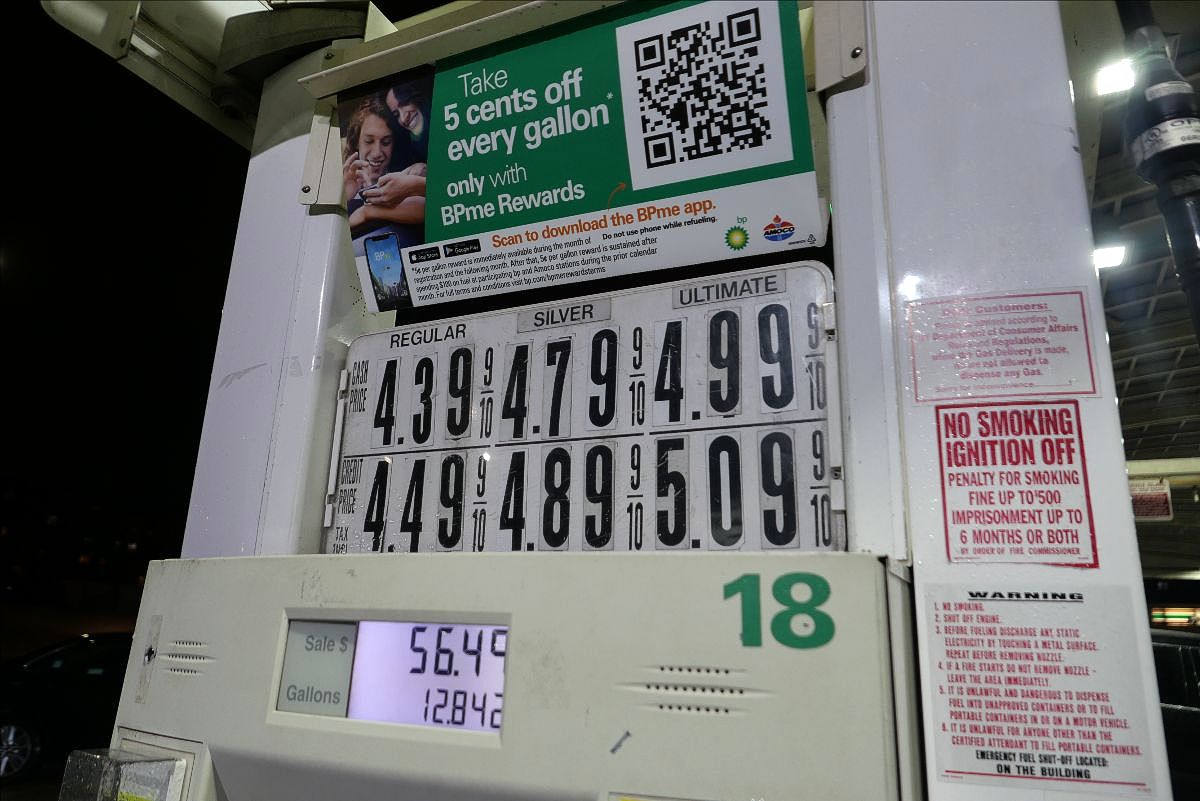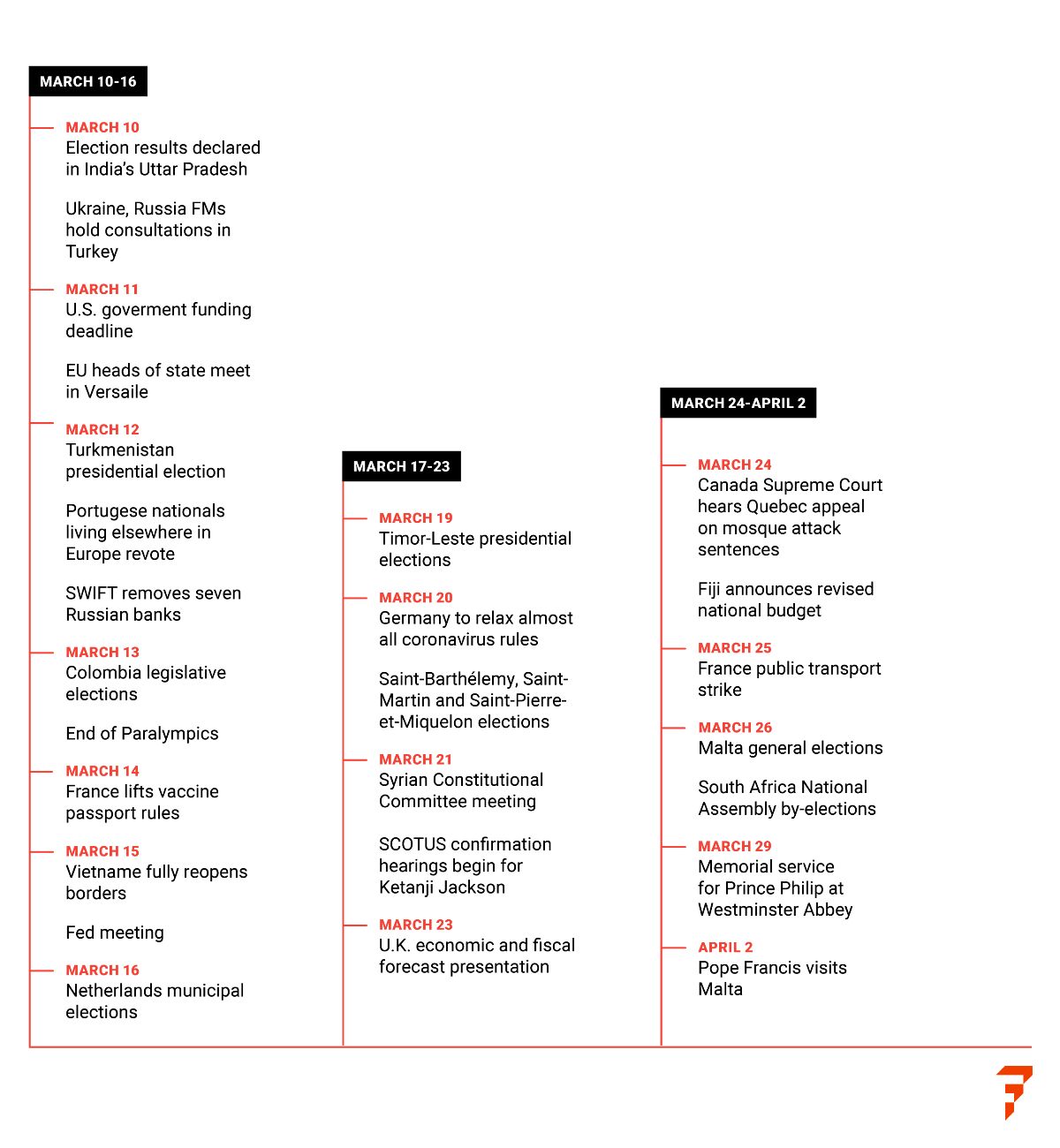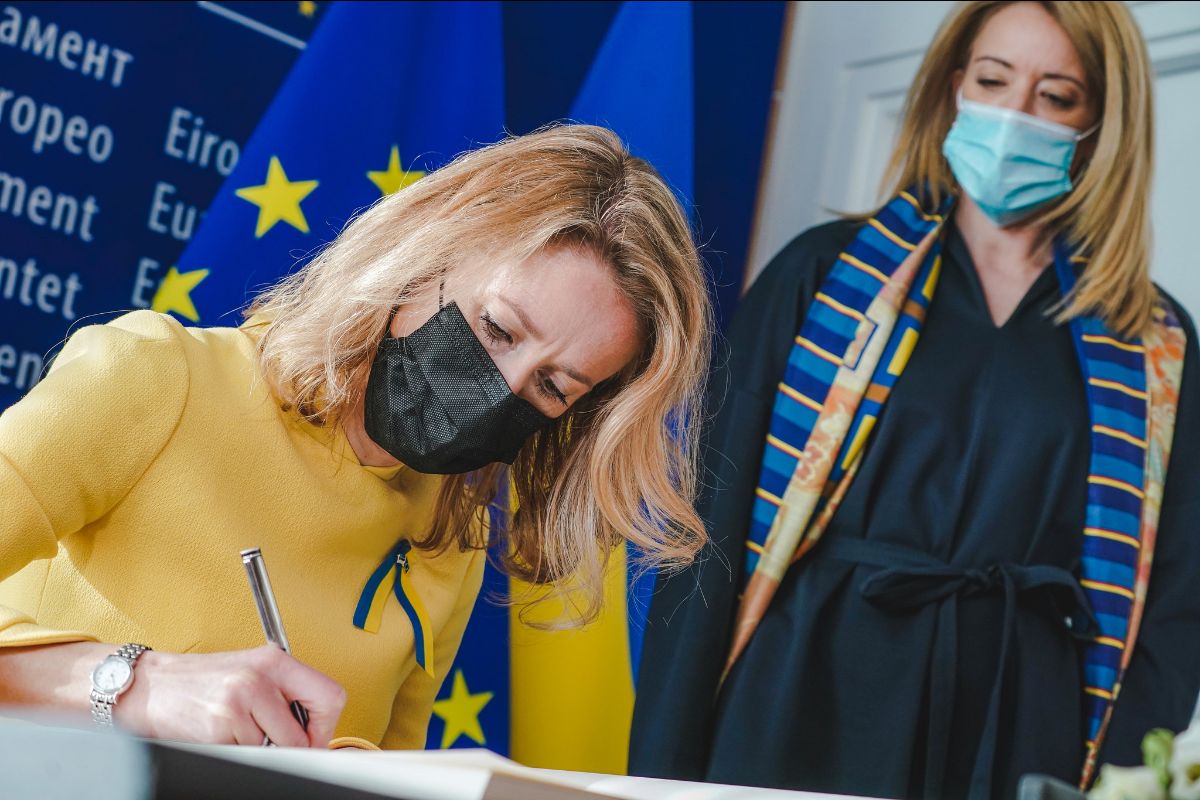Welcome to Factal Forecast, a look at the week’s biggest stories from the editors at Factal. We publish our forward-looking note each Thursday to help you get a jump-start on the week ahead. To receive the Forecast in your inbox subscribe for free.
A Look Ahead
MARCH 11
EU heads of state meet in Versaille
European leaders will meet at the Versaille Palace outside of Paris for a two-day informal meeting starting Friday, during which they will discuss the situation in Ukraine and debate the European Union’s defense budget.
What’s happened so far
France, which currently holds the presidency of the European Council, will host the informal meeting in Versailles in the midst of the war in Ukraine. While an official agenda has not been released, leaders are expected to discuss Ukraine’s possible fast-track application to the bloc as well as a package to better coordinate defense spending and projects in sectors like aerospace.
The impact
French President Emmanuel Macron pledged his support for Ukraine following Russia’s attack and has been particularly active in trying to mediate the crisis, holding several phone conversations with Russian counterpart Vladimir Putin. While some progress could be made during the meeting, it is unlikely Ukraine will be able to join the EU quickly given the complex process it often entails.
MARCH 12
Turkmenistan presidential election
On Saturday, Turkmenistan will hold the first of two rounds of early presidential elections in what is expected to be an orchestrated vote.
What’s happened so far
President Gurbanguly Berdymukhamedov, who has run the Central Asian nation since 2006, hinted he might retire before his current term ends in 2024. The 64-year-old recently told the country’s upper chamber of parliament that it’s time for “young leaders” to take power, with many analysts believing his son Serdar will succeed him. Serdar, currently a deputy prime minister, was nominated as a ruling party candidate in the election and has quickly risen through the ranks of government since 2016.
The impact
Though the transition comes amid historic unrest in nearby Kazakhstan, the early election seems to have been prompted by years-long rumors that Berdymukhamedov is in poor health. The tightly choreographed handover also syncs up with his son’s 40th birthday, making him constitutionally able to run for president. Little is known about the presumed next leader, though not much in the totalitarian state is expected to change with his father expected to retain behind-the-scenes power.
MARCH 12
SWIFT removes Russian banks
SWIFT, the service that connects thousands of financial institutions worldwide, is officially removing seven Russian banks on Saturday.
What’s happened so far
After Russia annexed Crimea in 2014, the United Kingdom urged the European Union to remove Russia from the banking transaction system. The proposal failed but it spurred Russia to create its own system. This month, following the invasion into Ukraine, sanctions were put in place that removed seven Russian banks from SWIFT.
The impact
Russia is more isolated from the rest of the world after this move, but it’s not crippling. Two major Russian banks remain in the system because they’re seen as necessary to help some European countries pay for energy imported from Russia. Most of the banks being removed said they’re unaffected by the decision, including at least one that said it will use the Russian system instead.
MARCH 13
Colombia legislative elections
On Sunday, Colombia will kick off its presidential election year with primary and legislative elections.
What’s happened so far
Nearly 40 million people are eligible to vote in Sunday’s elections, during which they will choose members of Colombia’s Senate and House of Representatives before May’s presidential election. Three coalitions — divided into center, left and right ideologies — will also choose their candidates for the first round of the presidential polls.
The impact
The results of Sunday’s polls could hint at the voting trends for May amid a deep discontent across the country due to high costs of living, an economy severely impacted by the coronavirus pandemic and the lack of effective government solutions to six months of protests last year.

MARCH 13
Beijing Paralympics closing ceremony
The 2022 Paralympic Winter Games in Beijing will close Sunday after 10 days of competition and in the shadow of the war in Ukraine.
What’s happened so far
While the Paralympics have managed to avoid major coronavirus outbreaks that threatened to overshadow the games, they were instead marred by politics and conflict, including diplomatic boycotts from the United States, United Kingdom, Canada, India and Australia and the banning of athletes from Russia and Belarus over the invasion of Ukraine.
The impact
The exclusion of Russia and Belarus’ athletes came at the last moment, with the International Paralympic Committee (IPC) making the announcement the night before the opening ceremony. The IPC said it made the decision after several federations threatened to not compete. The IPC also cited safety and security concerns, saying “the situation in the athlete villages [was] escalating” and had become “untenable.” It remains unclear what specifically may have prompted the safety concerns.
MARCH 14
France lifts vaccine passport rules
France will scrap some remaining coronavirus restrictions, including the vaccine pass and mask mandate in most indoor areas, starting Monday as cases continue to fall.
What’s happened so far
France will scrap some remaining coronavirus restrictions, including the vaccine pass and mask mandate in most indoor areas, starting Monday as cases continue to fall.
What’s happened so far
France’s Prime Minister Jean Castex said the country had met multiple conditions, including a decline in the number of coronavirus patients in hospitals, to allow for lifting of restrictions. Masks will remain obligatory on public transport, while medical facilities will continue to require visitors to wear a mask and carry a vaccine pass.
The impact
By lifting these restrictions one month before the presidential election, President Emmanuel Macron is likely hoping to avoid further protests, as the vaccine pass has proved unpopular with voters opposed to state vaccination requirements. Such a move could also help Macron to attract voters from the likes of right-wing candidates Marine Le Pen and Éric Zemmour, who are both strong critics of the vaccine pass.
MARCH 15
Vietnam fully reopens borders
After nearly two years of pandemic-related closures, Vietnam plans to fully reopen its borders to international travelers on Tuesday.
What’s happened so far
Vietnam stopped all entry to foreign tourists in March 2020 due to the coronavirus pandemic and only began accepting some travelers again last November under a pilot program. Despite an ongoing surge in cases, Vietnam’s government is pressing forward with “gradual normalization” of the coronavirus, with most of the country’s population vaccinated and fatality rates significantly dropping.
The impact
Despite announcing its opening last month, the Vietnamese government has yet to clarify some confusion over border entry policy, with the health ministry disagreeing with tourism officials on coronavirus protocol. Vietnam’s tourism industry is also dealing with a shortage in workers after two years of closed borders.
MARCH 15
U.S. Federal Reserve policy meeting
Federal Reserve Chair Jerome Powell said he’ll back a traditional quarter-point interest rate increase when the Fed meets Tuesday, spurning calls for a higher rate hike in the face of surging inflation.
What’s happened so far
The U.S. inflation rate hit a fresh 40-year high of 7.9 percent in February, with some officials floating the idea of a half-point interest rate increase in response. While Powell has demurred on the idea of a larger increase at this time, he told the House Financial Services Committee he is ready to make more substantial or more frequent rate changes if necessary.
The impact
The planned quarter-point jump — the first since late 2018 — could have widespread ramifications on everything from the job market to mortgage lending, and some hope it could reduce demand for items now impacted by supply chain issues. It will, however, take a delicate balancing act to tamp down inflation without slowing down the economic recovery from the coronavirus pandemic.
MARCH 16
Netherlands holds municipal elections
Some 13 million people across more than 300 municipalities in the Netherlands will cast their ballots in local elections Wednesday.
What’s happened so far
The Netherlands holds municipal elections once every four years. Due to the coronavirus pandemic, some polling stations will also open for two days prior to March 16 to accommodate people who would like to avoid large crowds. Unlike parliamentary elections, foreign nationals across the country are eligible to vote in municipal elections provided they meet certain requirements, like having lived in the Netherlands for at least five years.
The impact
The elections will determine the makeup of municipal councils — which range in size from nine to 45 members depending on population — for the next four years. While both national and local parties participate, the latter have won the most votes and seats in previous municipal elections.
What Else Matters

Iran nuclear talks
A new round of talks on reviving the 2015 Joint Comprehensive Plan of Action (JCPOA) ended in Vienna, Austria, after more than 11 months of negotiations. UN nuclear watchdog chief Rafael Grossi said the nuclear deal with Iran was “in its final stages,” despite not yet securing an agreement on a future IAEA-led inspections. Although most negotiating parties have now left Vienna, indirect talks between Tehran, Moscow and Washington continue as the Ukraine invasion and the West’s subsequent sanctions on Russia risk bringing the JCPOA revival efforts to another halt. Russian Foreign Minister Sergei Lavrov called for Moscow’s relationship with Iran not to come under U.S. sanctions, a demand that the United States dismissed.
Watch for: Experts fear a further stall in the long anticipated deal as Tehran waits for Russian clarification on its demands from the West. A revived deal could see Iran putting its oil back on the market again and ease the current crisis in oil prices stemming from a Russian embargo – something that Russia, however, is likely to use as a bargaining chip. Both the United States and the chief negotiators of the E3 – France, Germany and the United Kingdom – are likely to reject Russia’s demand to be exempted from sanctions, just as Moscow is likely to veto a nuclear deal altogether if this demand is not met.
Oil prices surge
Western sanctions on Russia in response to its invasion of Ukraine are fueling a surge in oil prices not seen since the global financial crisis of 2008. With the United States and United Kingdom banning the import of Russian oil, policymakers in those countries are encouraging others to join them. They’re also scrambling to find alternatives amid already surging inflation that threatens to derail economic recovery as the world emerges from the coronavirus pandemic.
Watch for: Oil briefly hit a 30-year high of $130 per barrel after the start of Russia’s military action in Ukraine two weeks ago, causing gasoline prices in the United States to spike. Some analysts warn oil prices could jump to $200 a barrel this summer if other top producers, such as Saudi Arabia, don’t boost production to meet the seasonal increase in demand. Meanwhile, the Biden administration is coming under increased pressure to release more supplies from U.S. oil reserves, though analysts say those quantities aren’t likely to have a meaningful impact on prices due to the magnitude of the shortage and ongoing geopolitical uncertainty.
Extended Outlook
What’s on our radar in the coming weeks…

Thanks for reading! To get the Forecast in your inbox sign up for free.
What is Factal?
Trusted by many of the world’s largest companies and nearly 300 humanitarian NGOs, Factal is a risk intelligence and collaboration platform that brings clarity to an increasingly noisy and uncertain world.
Powered by a hybrid of advanced AI and experienced journalists, Factal detects early signals, verifies critical details and assesses the potential impact at the speed of social media. From physical incidents and brand mentions to geopolitical developments, Factal offers the most trusted, real-time risk intelligence on the market.
Factal is also home to the largest security and safety collaboration network in the private sector. Members securely share information with other members in proximity to the same incident, both on Factal.com and the Factal app.
Learn more at Factal.com, and we’d love to hear from you.

